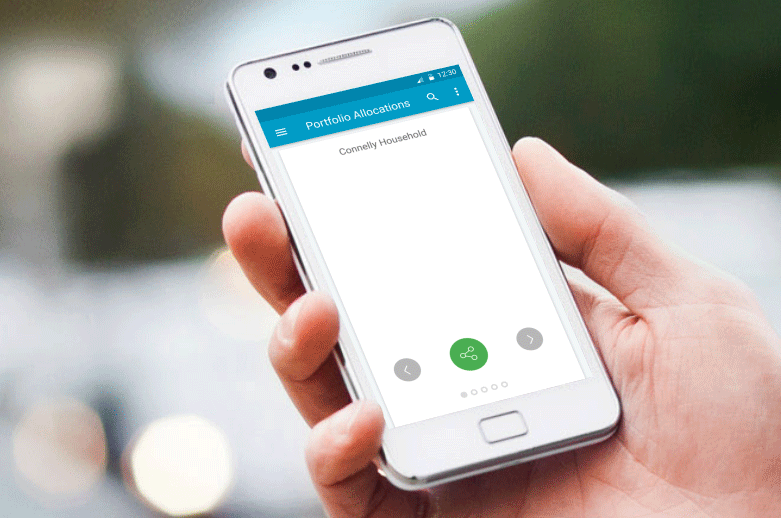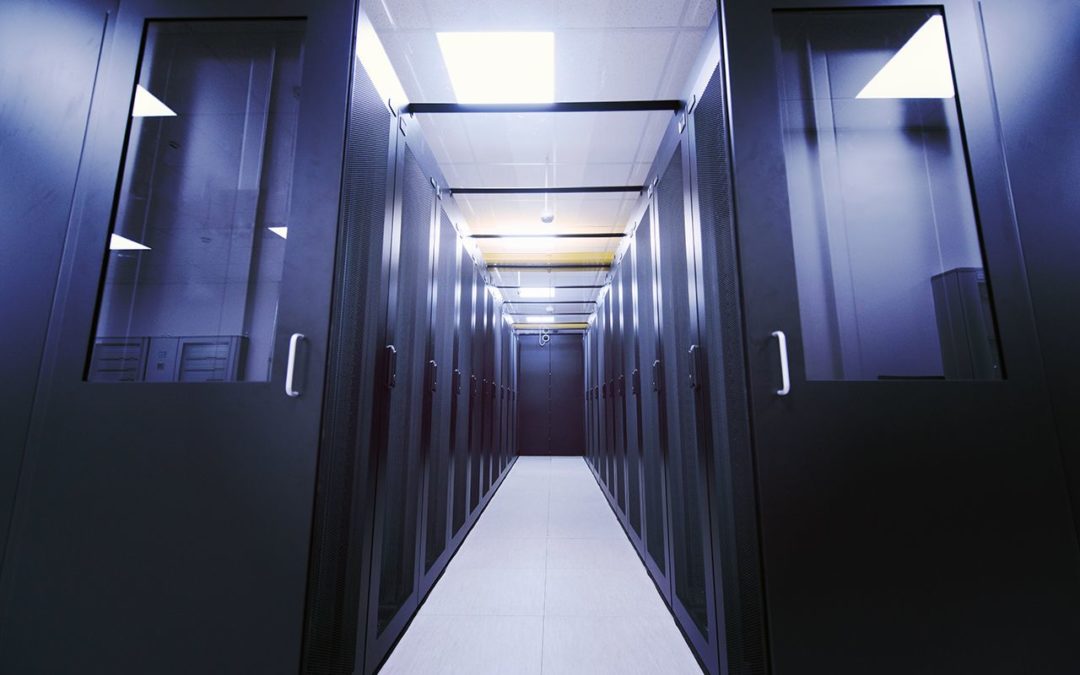The internet of things (IoT) is a network that connected physical objects or devices that are accessible through the internet. Simply, this is a concept of connecting devices to the internet or each other. The IoT is a huge network of connected “things” to sense and collect data from the world around us, and then share that data across the internet where it can be processed and utilized for various business purposes.

Sometimes also use the term industrial internet interchangeably with IoT. This refers to commercial applications of IoT technology in the world of manufacturing. Internet of things is enabling new business proposals every day to improve their lives.
This technology can be operated and used to its ultimate by the use of mobile apps. With the rapid growth of the Internet of Things, It will become an ever more important tool for businesses to utilize to improve their internal operations and more efficiently serve their customers.
1. How IoT Works?
Various devices and objects with sensors are connected to IoT platforms, which collects data from different devices and applies different analytics to share the most important information with applications built to address specific requirements.
These powerful Internet of Things platform can pinpoint exactly what information is necessary and what can safely be refused. This information can be used to make recommendations, and detect possible problems before they occur.
2. What Can The IoT Do For Us?
- Automatic tracking of exercise habits and other day-to-day activities.
- IoT network can detect some physical danger nearby you and send warnings to your phone and wearable devices.
- Automatic ordering of groceries and other home supplies.
- Self-parking automobiles
- New and improved safety controls for people working in hazardous environments.
As discussed below, the IoT provides a wide range of significant benefits for small as well as large businesses that demand your attention. Accessibility is an impressive feature of IoT. Most of the products and systems discussed below are available via apps and can be accessed on various mobile devices and desktop.
3. Access To Valuable Data With Less Expense
With the Internet of Things, all the data gathering and the complicated analytics are done digitally and automatically for you., providing a comprehensive brief on all aspects of your business running. This timely information is now available through the use of interconnected devices used by companies of all sizes, as compared to the more exclusive use of expensive business consultants or market research firms.
4. Good Understanding Of Customer Behavior & Demand
The useful information provided by IoT platform will enable businesses of any size to easily access customer demand and overall purchasing behavior. Companies can more effectively tailor their offerings to their customers using more effective advertising and promotional offers. The business will get a better idea of what their customer wants to buy when they want to buy, and how much they will spend.
It will also increase the speed of the entire purchasing process. Advanced sensors will inform customers when their products are becoming defective and need replacement.
With the help of IoT, use this valuable information will help towards more productive relationship for both the seller and buyer. It results in speed up the entire market research process and accelerates the development of more products and services that their customers want.
5. Improved Inventory Management
With Smart devices and the IoT, it is possible to track and manage items automatically and enhance overall warehousing and logistics efforts. This method is more efficient than the group of workers manually scanning and tracking inventory one piece at a time. The IoT will dramatically improve the ability of small and large businesses to monitor and manage their entire inventory process.
6. Cost-effective Operations
The cost of operating an office for business is a major expense that the Internet of Things can reduce significantly. There are a variety of products available through the IoT such as the Nest thermostat, which automatically controls energy usage and interacts with other devices to reduce the cost. The IoT is more efficient to buy office supplies and cut down on waste through the use of automatic reordering of necessary products.
7. Remote Working Options
It is easy to share information and collaborate effectively with others no matter where all workers are located with the help of IoT. Important data can be collected and updated continuously and with the touch of a button, this information can easily be shared with all relevant team members.
To provide specific data to improve operations at all locations, through various wearable devices it is possible to monitor the performance of all workers.
8. Other IoT Industrial Applications
Internet of Things is everywhere, but it is more prevalent for a few verticals. Heavy industry is possibly one of the sectors that have been working with IoT concepts for the longest, thanks to robotics and SCADA.
Industrial equipment is more responsive and useful with the use of valuable data shared by IoT for maintenance and operational purpose and creates a much safer working environment as well.
Day-to-day healthcare operation is significantly changed by IoT. The ability to gather medical data quickly and share it to provide early diagnosis and treatment for serious issues is useful for healthcare workers and patients.
Agriculture is another sector where IoT has taken a big way, thanks to high-precision GPS technology. Planting, irrigation, harvesting and even soil monitoring have become centralized, soil sensors and systems being wired together in an IoT arrangement.
9. Important Interoperability Challenges of IoT
The IoT phenomenon presents a huge opportunity for many players in all businesses and industries. Many companies are organizing themselves to focus on IoT and the connectivity of their products and services. There are two main challenges to overcome and this is not only for IoT but for any new trend in technology:
1. Technology
The technologies needed to make IoT systems functions smoothly as a standalone solution or a part of existing systems. Below are some of the root causes of such technological challenges.
Lots of IoT systems are not designed and implemented properly, using different technologies and protocols that create a complex layout.
- Limited guidance for maintenance and management of the life cycle of IoT devices.
- Limited best practices are available for IoT developers.
- To interact with security devices and applications restricted interfaces available to IoT devices.
- Audit and logging standards are not defined for IoT devices.
2. Business
Operating any business, without a sound and solid business model for IoT is another matter of concern. This model must satisfy all the requirements for all kind of markets.
Delivering services to vertical industries using cloud analytics will be the most successful at monetizing a large portion of the vale in IoT. While many companies can generate a new source of revenue using IoT technologies. So it is important to understand the business model for the IoT applications.
A proper IoT system is required to fulfill the diverse needs of peoples for many different situations. As more and more companies implementing IoT platforms, it seems to become the standard platform for any business in the near future. However, it needs to overcome different interoperability challenges to provide more secure, better and faster services.



